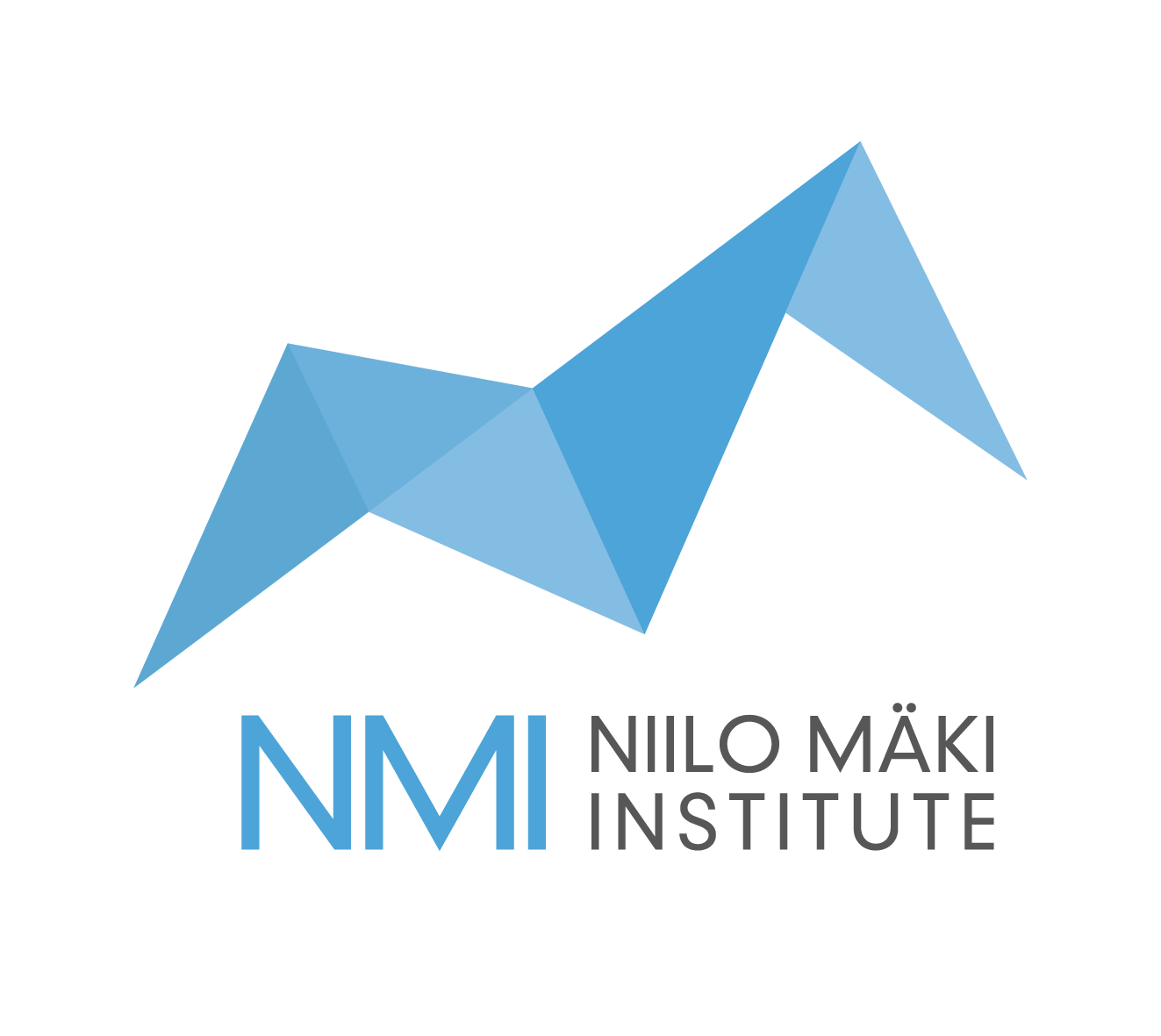Literacy learning
Reading motivation
Interest in reading contributes to reading activity and to the amount of reading, which in turn promotes students’ reading performance. Teachers (and their instruction) provide an important supporting environment for children’s learning and motivation. Child-centred teaching practices support interest in reading.

Pre-literacy skills
While reading and writing aren’t typically taught until after preschool, children can begin developing the skills they need to become strong readers from a very young age. Pre-literacy skills include e.g., wanting to look at books, following narratives, recognizing print, learning vocabulary and identifying letters and sounds and important memory skills.Decoding
The purpose of reading skills is to enable the reader to interact with written language and to understand the meaning of the text. Decoding is the beginning phase of learning to read. It emphasises learning the basic techniques of how to recognise words from the text and understand the meaning of it.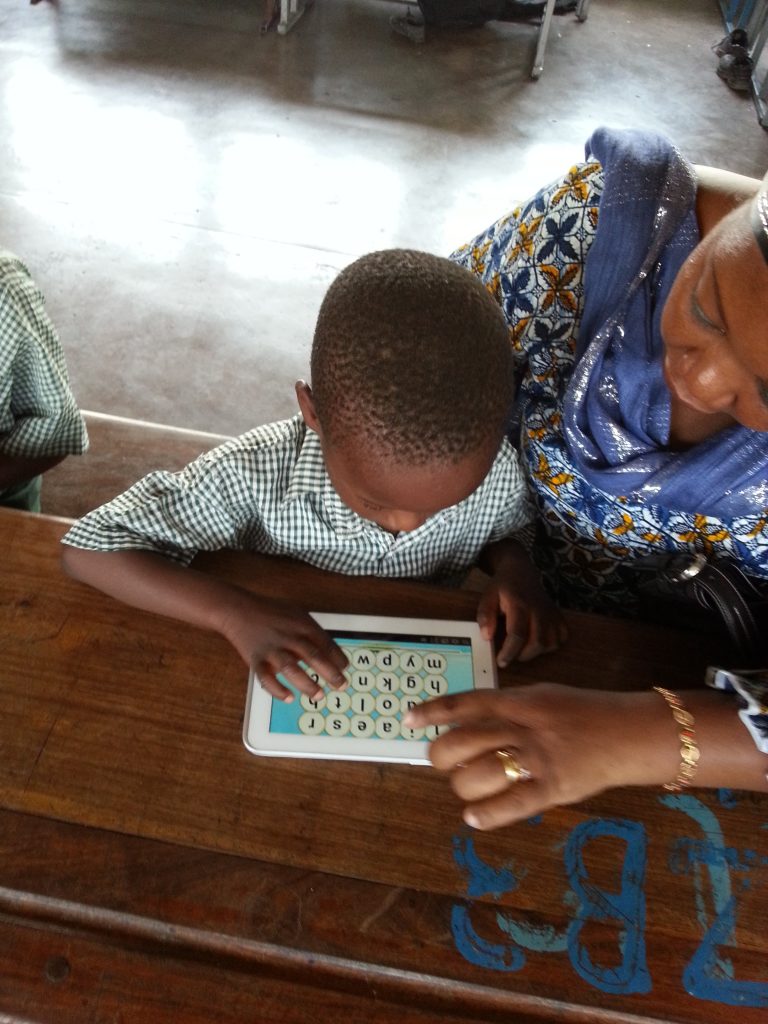
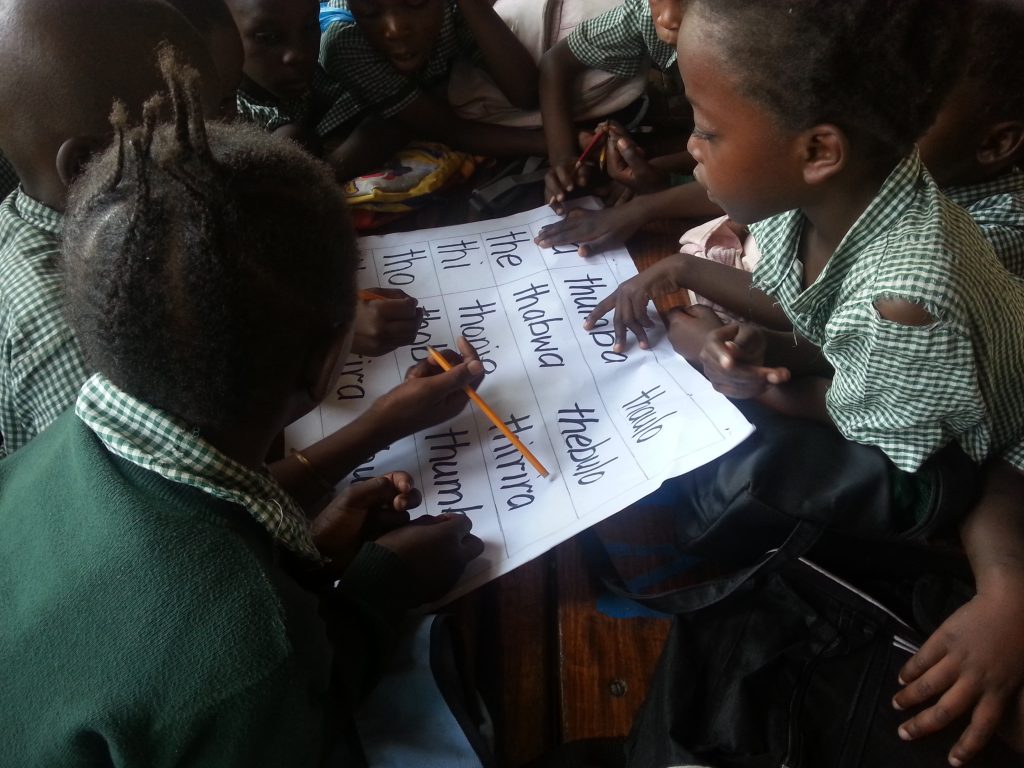
Reading comprehension
Reading comprehension, the ability to understand what you are reading and reading for understanding, is surely one of our most important educational goals. It is an active process where readers interact with the text before, during, and after reading.Spelling and Writing
Spelling and writing are integral parts of literacy instruction and must be included systematically and explicitly in any literacy program. Learning to read, write, and spell all help reinforce each other.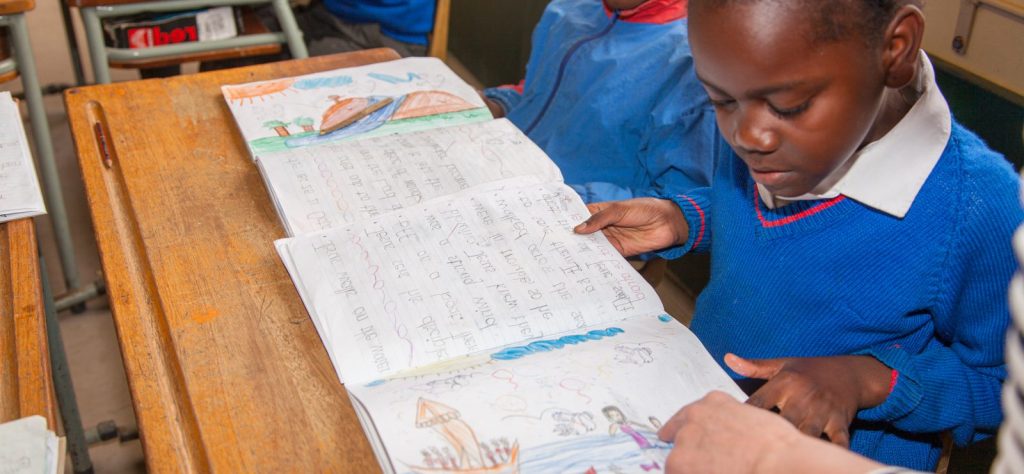

Productive writing
Through productive writing, learners express their ideas and imagination. They also learn how to use the components of language and improve their language skills. Through teacher-guided writing, learners can improve their writing skills as well as build confidence in their writing abilities.Adult literacy
Literacy is a key for sustainable development improving child and family health and nutrition, reducing poverty, and expanding life opportunities. Almost two-thirds of illiterate adults are women. Children and adults learn in fundamentally different way influencing the way they should be taught. The planning of adult literacy programme requires identifying stakeholders and learners´ needs and motivations.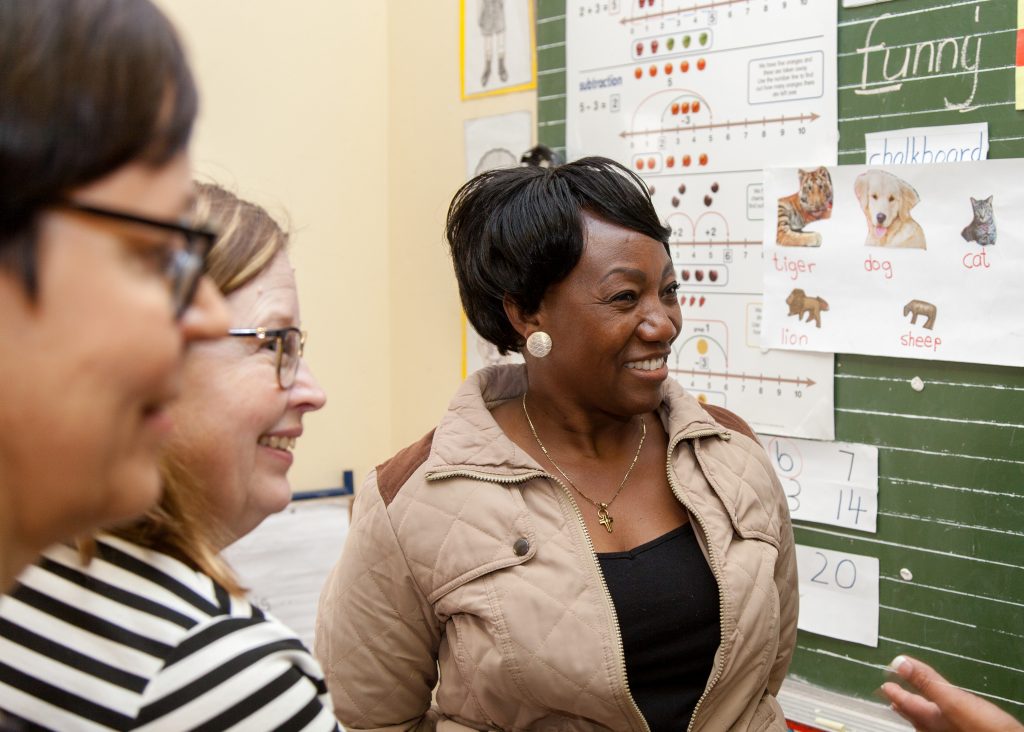
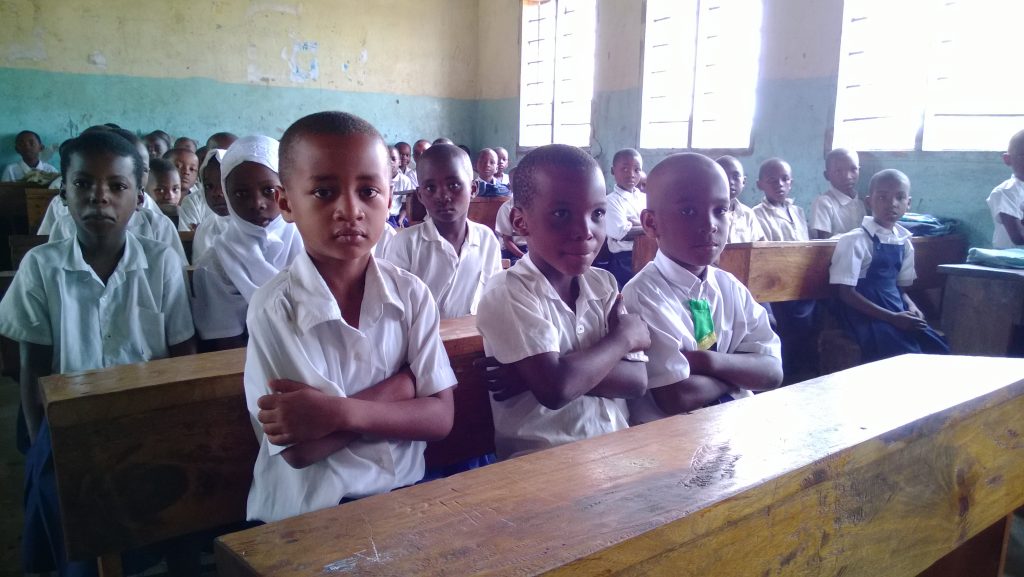
Important background factors
Learning to read is affected, in addition to linguistic skills, also by more general background factors of learning. The most important of these are learners’ motivation, attention, self-regulation and learning skills.





